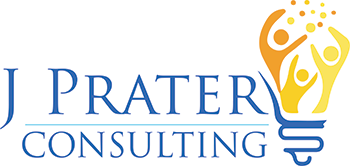
I’m now in my 15th year of my professional career. I recently presented to a group of high schoolers and during my introduction I realized that I’ve been in the working world longer than half of them had been alive.
YIKES! I remember when I was younger all I wanted to do was be older and been seen as legitimate… now I groan every time I find a new gray hair.
What changed over time? My mindset.
What has become abundantly clear to me in the past few years is that there is a key differentiator for people that find success in the working world – mindset. For some, this may sound like too much of a “soft” approach to success. It may sound more business like to talk about routines, grit or discipline, but I believe that mindset is the foundational factor that runs across these practices.
When I say mindset- what does that mean to me?
Mindset (my definition) is the inner workings of your mind that can support or destroy your actions. An active dialogue running in your background almost like that invisible computer program supports your mindset. Your mindset grows just like a garden, whether you are intentional or unintentional something will grow. And if you don’t actively cultivate your mindset, it will be full of weeds.
The human mind is extremely complex – and we are some of the only species that can be rationalize and lie to ourselves. Your mindset is a direct result of the “stories” you tell yourself. Ever heard any of these inner monologues:
“I’ve got this”
“I’m so lazy”
“This project will go great”
“Someone is going to ‘find you out’”
Yeah… me too.
Shirzad Chamine has done some excellent work around “Positive Intelligence”. His framework is built on the premise that success in our lives is directly related to how much we listen to the “saboteurs” or negative self talk in our lives.
Creating a positive mindset is critical to the success of any career. With any normal career trajectory there will be failure and setbacks. What sets an individual apart is the ability to recognize the difficult period he or she is going through, extract valuable lessons and move on to the next challenge.




